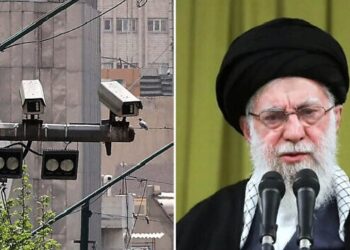By John Ikani
Egypt’s Minister of Petroleum and Mineral Resources, Tarek El Molla, has unveiled ambitious plans for offshore exploration in the Mediterranean Sea and the Nile Delta, with an investment of US$1.8 billion.
The plans involve collaborating with major international companies such as Eni, Chevron, ExxonMobil, Shell, and BP.
The objective is to drill 35 exploratory gas wells by July 2025, with 21 wells planned for the 2023/2024 fiscal year and 14 wells for the 2024/2025 fiscal year.
Speaking at the sidelines of the 8th OPEC International Seminar in Vienna, Austria, El Molla said the moves were part of Egypt’s efforts to develop various oil and gas fields in strategic locations like the Mediterranean Sea, Nile Delta, and Western Desert.
The endeavors aim to significantly enhance the country’s production capacity and meet its growing energy needs.
Over the past five years, the Egyptian petroleum sector, in collaboration with its international partners, has been actively exploring new oil and gas resources.
The concerted effort has resulted in the discovery of 284 new fields, comprising 217 oil wells and 67 gas wells. As a result, Egypt’s reserves have witnessed a substantial increase of 1.32 billion barrels of oil equivalent (BOE).
El Molla emphasized the significance of Egypt’s oil and gas production, which currently fulfills a majority of the country’s energy demand.
Fossil fuels account for 93 percent of Egypt’s primary energy sources, providing approximately 75 percent of the energy consumed domestically.
The remaining portion is imported to meet the nation’s energy requirements.
Recognizing the importance of clean energy, El Molla revealed the Egyptian government’s commitment to accelerate the transition to renewable energy in the electricity sector.
The goal is for renewable energy capacity to contribute 42 percent of the country’s power capacity by 2035, aligning with global efforts to reduce reliance on fossil fuels and promote sustainable energy sources.
Regarding the oil market outlook, the minister acknowledged OPEC’s responsiveness to market changes and supply-demand dynamics.
He anticipated oil prices to range between $70 and $80 in the upcoming period, taking into account the organization’s decision-making process and market trends.




































